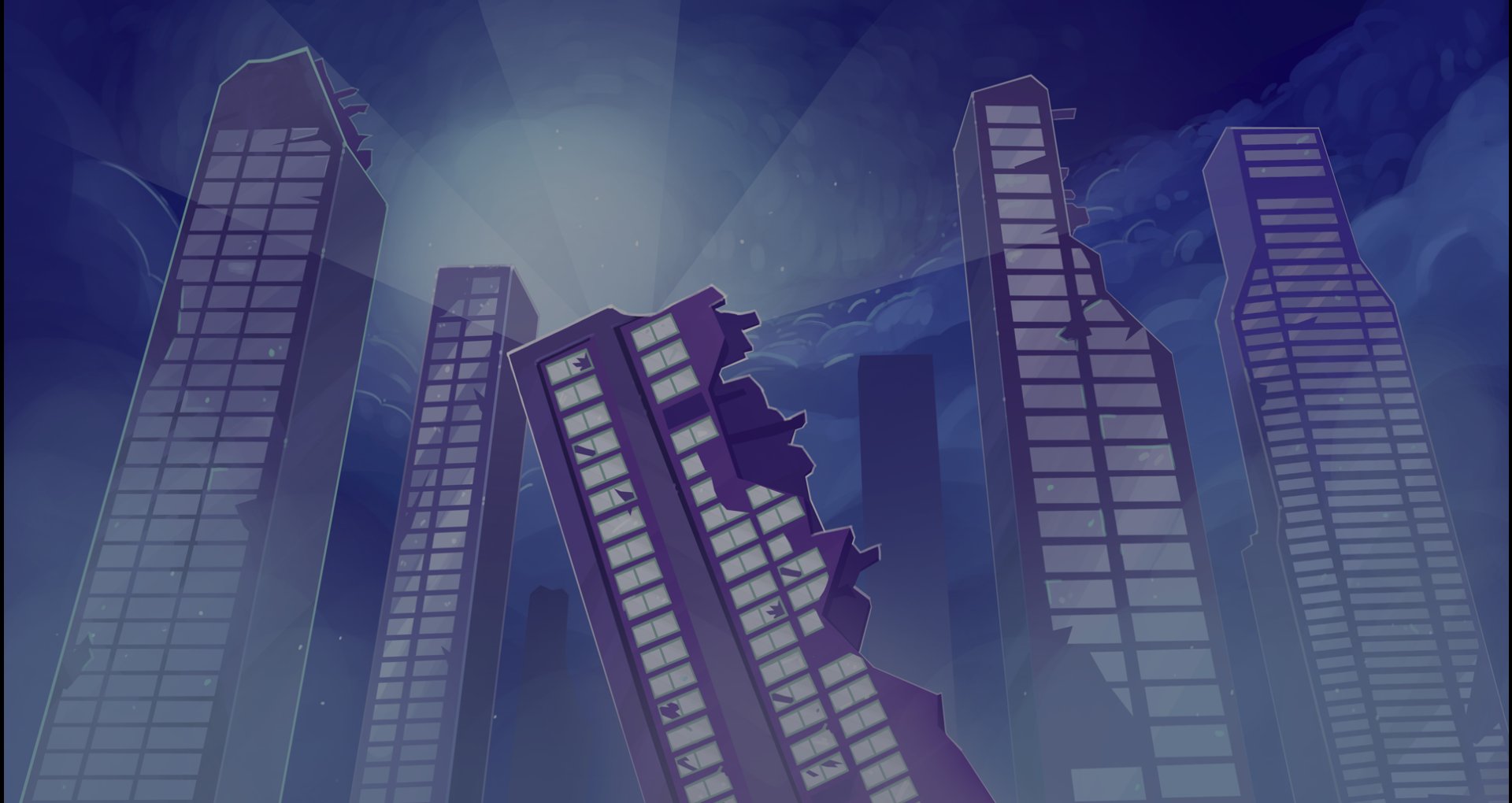Our Verdict
A one-of-a-kind glimpse into the world of anthropomorphic-animal Japanese otome, Hatoful Boyfriend is surprisingly entertaining.
PC Gamer's got your back
Price: $10/£7
Release date: September 4th, 2014
Publisher: Devolver Digital
Developer: Mediatonic, Hato Moa
Multiplayer: None
Link: Official site
Review by Julian Murdoch.
This review's screenshots contain light, if inexplicable, spoilers.
Each time, I wake up as a young human girl named Hiyoko Tosaka. Each time, I enter, inexplicably, a school for gifted pigeons: St. Pigeonations Institute.
Each time, I choose a different path. I study hard in Math to attract the attentions of the brooding and scary Doctor Shuu. I hang around the Library to get closer to Negeki. Each time, some strange trans-species romance brews.
Each time, I sit back my desk chair and think “What the hell am I doing?”
Unfamiliar Plumage
Hatoful Boyfriend is a Japanese otome game. The word “otome” literally means “girl” and the genre is best known for romance simulations presumably targeted at young women. Primarily delivered as visual novels (a rarity in Western or English-language games), otome games are more 'choose your own adventure' than than game.

In a visual novel, the focus is on a written story. The pictures are there to help tell the story, and the choices are there only to unlock new parts of the story. And the story is what makes Hatoful Boyfriend weird.
Keep up to date with the most important stories and the best deals, as picked by the PC Gamer team.
At first, Hatoful Boyfriend seems like a goof—a funny, possibly parodic take on dating sims. I level up my three stats (Vitality, Charisma, Wisdom), I make simple choices about who to talk to and where to go, and I get a prescribed ending, most of them romantic. If that were it, Hatoful Boyfriend would just be a weird April Fools joke—which is actually how it started, as an internet April Fools joke by Manga artist (now game designer) Hato Moa.
But the romance part of the game, which involves 15-20 decision points and can be played on fast forward in less time than it takes to microwave popcorn, is actually a red herring. The real game—the interesting part—is what happens right at the end. On each playthrough, I discover something different, and sinister, about the world in which I'm casually vying for the attentions of a certain Fantail Pigeon or Rock Dove.

Beyond The Birdcage
Hatoful Boyfriend's real story is told in its endings, and most importantly in the “Hurtful Boyfriend” extended 2-3 hour ending which unlocks after you've completed each and every possible romantic and tragic ending to the main game. The standard endings themselves are bizarre, and sometimes genuinely funny, such as when I discover the eventual outcome of befriending the pudding-obsessed San.
Sadly, despite quite a few great payoffs in the various standard endings, I suspect few will have the patience to ride the fast forward button and suss out the romantic proclivities of each cast member to get to the extended ending—really a second half—of the game. After the first few playthroughs, it becomes a tedious mashing of that fast forward button to string together the right decisions and get to the new, unseen content.

It's too bad, because the Hurtful Boyfriend second-half is intense, extremely weird, and kind of cool, full of references to Dostoyevsky, investigations on the meaning of what it means to be human, and sci-fi, horror movie, and game homages. Both the artwork and the writing are substantially better than the early content.
While there's not much game in Hatoful Boyfriend, it's unlike anything else a typical Western gamer will ever launch from the desktop. The writing is genuinely funny, and the story is often surprising and provocative, even if the graphics are generally a crude mashup of photos and simple backgrounds. Ultimately, it's worth experiencing for the insane, entertaining twists that always come back to a core conflict of man vs. bird, and oddly, fundamental questions of what it even means to be human.
A one-of-a-kind glimpse into the world of anthropomorphic-animal Japanese otome, Hatoful Boyfriend is surprisingly entertaining.
PC Gamer is the global authority on PC games—starting in 1993 with the magazine, and then in 2010 with this website you're currently reading. We have writers across the US, Canada, UK and Australia, who you can read about here.



